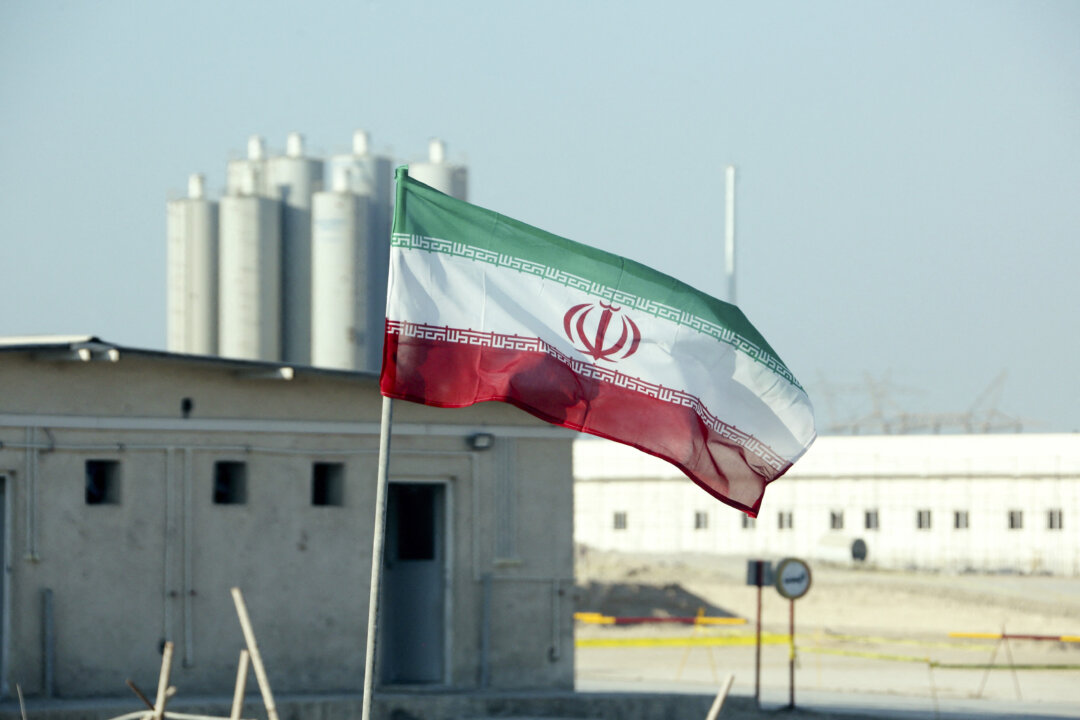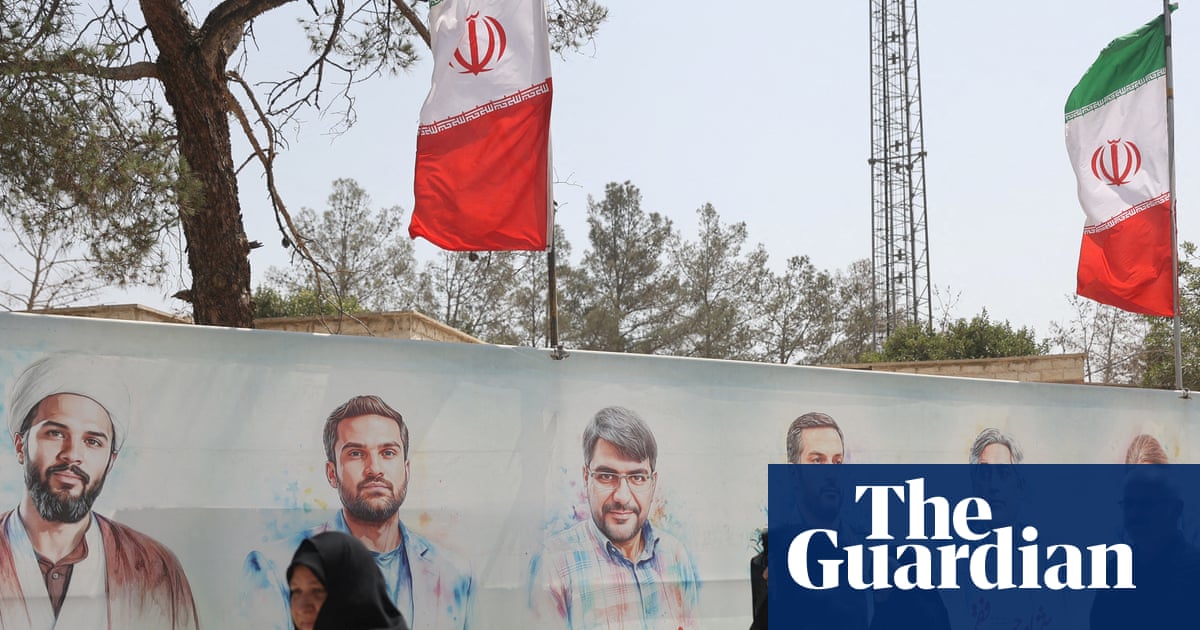European Powers Threaten Iran with UN Sanctions Over Nuclear Program
France, Britain, and Germany threaten to reinstate UN sanctions on Iran due to its accumulation of 60% enriched uranium, violating the 2015 nuclear deal, while the U.S. cannot act.
Subscribe to unlock this story
We really don't like cutting you off, but you've reached your monthly limit. At just $5/month, subscriptions are how we keep this project going. Start your free 7-day trial today!
Get StartedHave an account? Sign in
Overview
- France, Britain, and Germany are threatening to activate the snapback mechanism to reinstate UN sanctions on Iran over its nuclear program.
- Iran has accumulated 408.6 kilograms of uranium enriched up to 60% purity, violating the 2015 Joint Comprehensive Plan of Action.
- The U.S. cannot activate these snapback sanctions due to President Trump's withdrawal from the nuclear deal in 2018.
- European nations have set an August 31 deadline for Iran to make concessions, or face the reimposition of UN sanctions.
- Iran rejects proposals for near weapons-grade uranium enrichment and rules out direct talks with Washington, claiming its program is peaceful.
Report issue

Read both sides in 5 minutes each day
Analysis
Center-leaning sources frame this story by emphasizing Iran's "willful departure" from the nuclear deal and its escalating non-compliance. They detail Iran's breaches, such as enriching uranium to "near weapons-grade levels" and amassing stockpiles far exceeding limits, while presenting Iran's justifications as arguments. The narrative focuses on the impending snapback mechanism as a consequence of Iran's actions.
Articles (4)
Center (1)
FAQ
The JCPOA is a nuclear deal agreed upon in 2015 that limits Iran's uranium enrichment to 3.67% to prevent the development of nuclear weapons. Iran's accumulation of uranium enriched up to 60%, well above the JCPOA limit, violates the terms of the agreement.
The U.S. cannot activate snapback sanctions because it withdrew from the JCPOA in 2018, and only countries that remain parties to the agreement can trigger the snapback mechanism.
Iran has been approximately six months to a year away from developing nuclear weapons for at least fifteen years. Current assessments suggest Iran could produce weapons within six months to a year if it chose to, but there is no evidence it has decided to do so.
If Iran does not comply by August 31, France, Britain, and Germany have threatened to reinstate UN sanctions using the snapback mechanism, which would reimpose restrictions on Iran's nuclear program and related activities under UN authorization.
One proposed option is a phased approach where Iran would suspend uranium enrichment for up to five years and, if compliant with the NPT and IAEA inspections, could resume low-level enrichment for civilian purposes thereafter. This requires cooperation among Iran, the U.S., the IAEA, and other JCPOA parties.
History
- This story does not have any previous versions.



